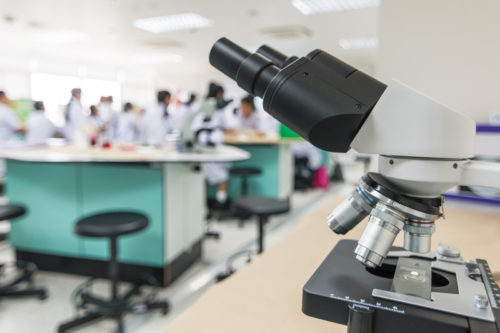Living Things
- Discuss the importance of biodiversity to maintain the balance of life.
- Classify living things into major taxonomic groups.
- Observe how other organisms may benefit or harm human.
- Explain the impacts of human activities on other organisms.
Cells
- Distinguish the parts of a typical animal and plant cell and recognise their functions.
- Explain how specialised cells in multicellular organisms function.
- Discuss the importance of the division of labour.
Transport Systems in Human and Plants
- Identify the parts of human circulatory system and their respective functions.
- Explain how important substances are transported in human and plant with the help of diffusion and osmosis.
- Relate the use of diffusion and osmosis to other real-life situations.
Other Systems in Human
- Discuss the importance of various systems in multicellular organisms.
- Identify the major parts of a digestive systemand master their functions.
- Explain the importance of enzymes in digestion.
- Observe thatthe products of digestion are used for other processes like respiration.
- Recognise that the sexual reproductive system facilitates heredity.
- Relate the effect of hormones to puberty and state the physical changes that occur.
- Describe the parts and functions of human male and female reproductive systems
- Explain how fertilisation occurs.
- Describe the menstrual cycle with reference to female reproductive parts.
- Compare temporary and permanent birth control methods and state their importance in preventing sexually transmitted infections (STIs).
- Discuss the harmful effects of STIs such as syphilis, gonorrhoea and AIDS.
- Comprehend that some bacterial STIs can be cured by antibiotics, but not viral STIs.
- Analyse the emotional and physical effects of abortion and pre-marital sex.
Ecology
- Describe ecosystem as the interactions between a community and its physical environment.
- Comprehend how various physical factors affect the life of organisms.
- Explain how structural or behavioural adaptation and changes in environmental conditions affect the survival of organisms.
- Discuss the interrelationship among different organisms in a community.
- Recognise the significance of environmentalconservation.
- Compare photosynthesis, respiration and breathing.
- Relate respiration and photosynthesis to the flow of energy through food chains and food webs
- Examine the importance of decomposers in recycling of nutrients in the environment.




